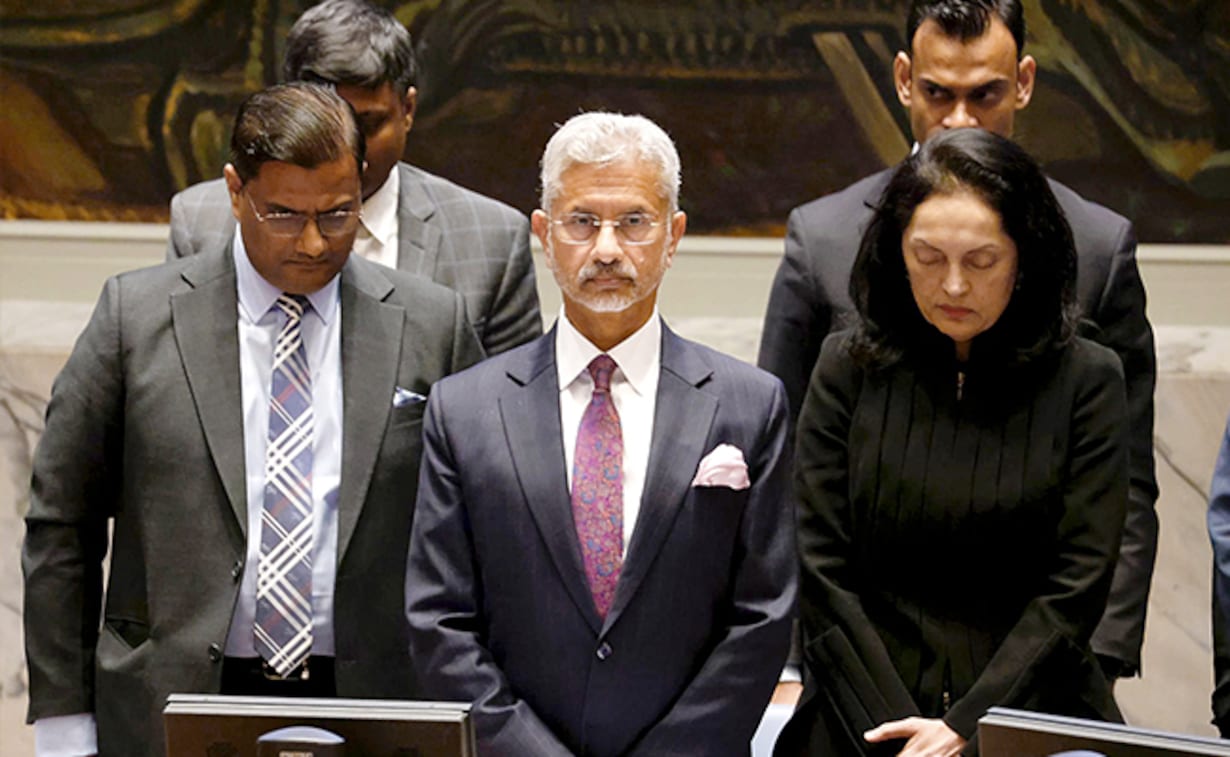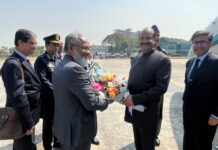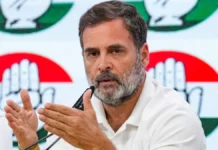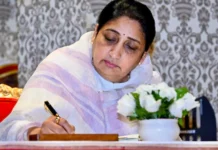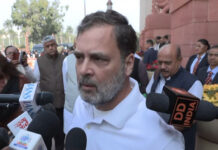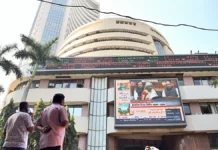NEW YORK: External Affairs Minister (EAM) S Jaishankar on Thursday announced the candidature of India for non-permanent membership at the United Nations Security Council (UNSC) for the 2028-29 term. “I am glad to inform you. We have declared our candidature for our next tenure at Security Council for 2028-29. And we look forward to being back”, announces EAM Jaishankar.
During a media stakeout at the UN, minister Jaishankar noted that December is the last month of India’s current membership at the security council.
“And during this eighth inning of ours, we have attempted to bring many themes of contemporary relevance like maritime security, technology in UN peacekeeping, reforms of the UN, and counterterrorism to the center of the agenda and of the debate in the UN,” he said.
The external affairs minister said India has also sought to be the voice of Global South on many issues of concern. “We have not only tried to articulate their interest and anxieties but also tried to see whether we can serve as a bridge in the council,” he added. India assumed the monthly rotating Presidency of the UNSC in December. This is the second time India got the Presidency after holding the top spot in August last year, during which the government focused on maritime security, UN peacekeeping and counter-terrorism.
India has presided over the Security Council during its two-year tenure as an elected member. UNSC rules of procedure say that the Council presidency rotates between each of the 15 members of the UNSC in alphabetical order.
During India’s December Presidency of the UN Security Council, two high-level signature events took place on December 14-15. The meetings were held on ‘Reformed Multilateralism and Counter-Terrorism’ and chaired by External Affairs Minister S Jaishankar.
The high-level open debate on the theme – “Maintenance of International Peace and Security: New Orientation for Reformed Multilateralism” was held on December 14.
The open debate encouraged the UN members to take the conversation forward on reforms in the current multilateral architecture with the UN at its centre to make it “more representative and fit for purpose.” On December 15, a high-level briefing on the theme – “Threats to International Peace and Security Caused by Terrorist Acts: Global Approach to Counter Terrorism – Challenges and Way Forward” sought to build a consensus on the principles of a global counter-terror architecture.
The high-level briefing aimed to enhance the Delhi Declaration adopted during the special meeting of the counter-terrorism committee held in October in India. (ANI)
Also Read: Russia once again backs India’s permanent membership at UNSC

